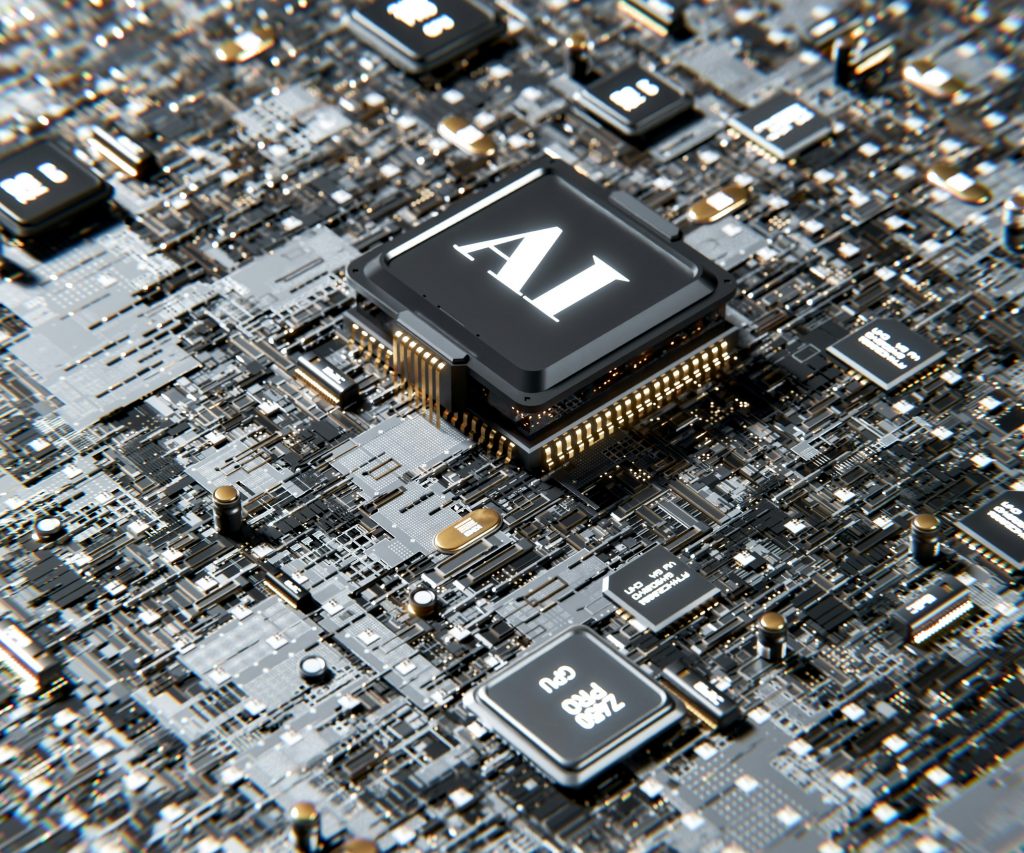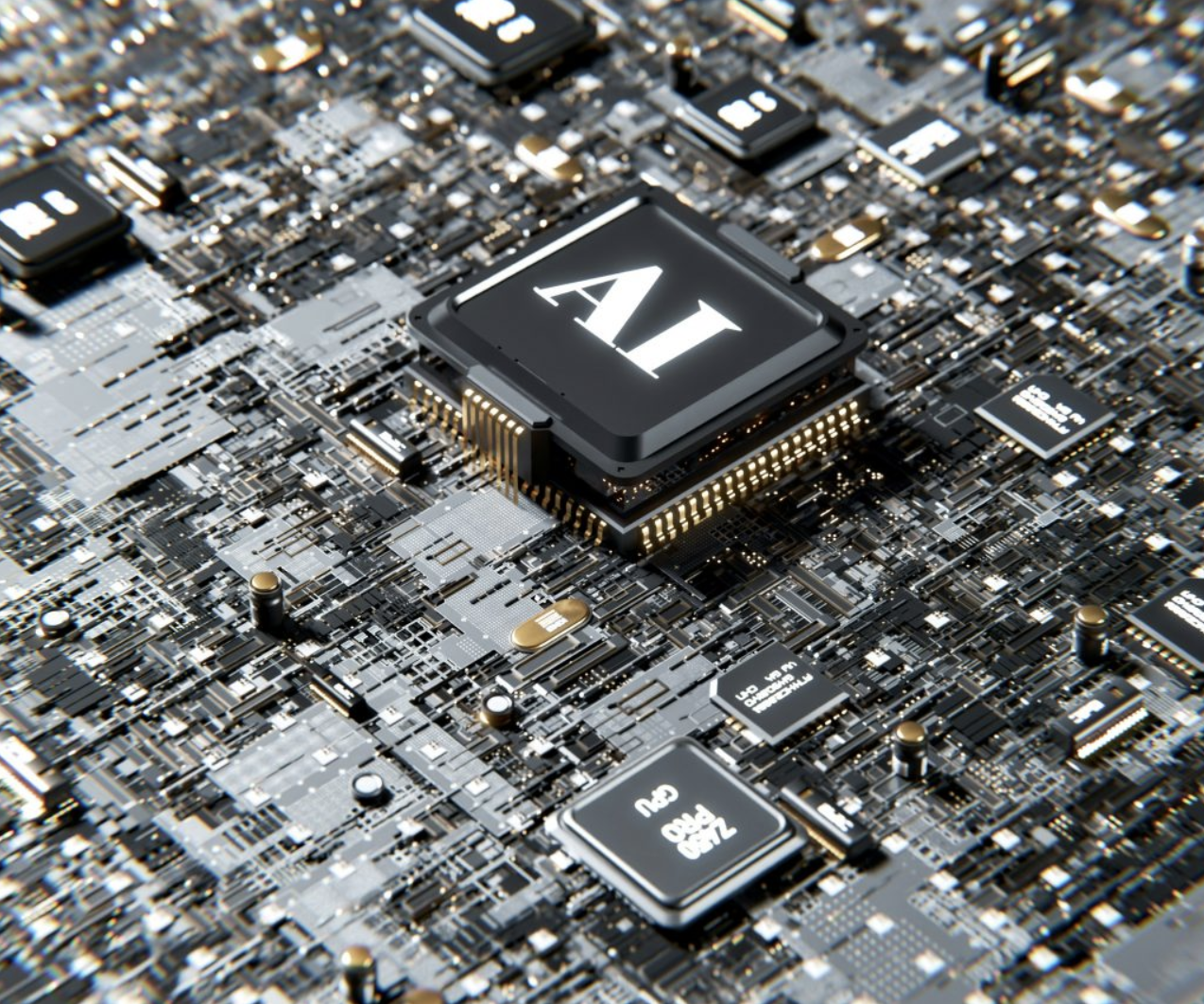Artificial Intelligence (AI) is a technology that can make decisions by extracting meaningful information from large data sets. These data sets often contain personal and sensitive information. Therefore, data security and privacy are of vital importance for the effectiveness and reliability of AI.
Data Security
Data security involves protecting data from threats such as unauthorised access, use, disclosure, corruption, alteration or destruction. AI systems typically process and store large amounts of data. Therefore, data security is a critical factor in the reliability and effectiveness of AI applications.
The methods used to ensure data security are as follows:
- Data Encryption: Sensitive data is encrypted to prevent unauthorised access.
- Access Control: Only authorised users are permitted to access the data.
- Data Backup: Regular backups are performed to prevent data loss.
Data Privacy
Data privacy refers to the protection of personal data and the prevention of unauthorised sharing. AI systems typically process and analyse personal data. Therefore, protecting the privacy of this data is important for gaining user trust and complying with legal regulations.
The methods used to ensure data privacy are as follows:
- Data Anonymisation: Personal data is anonymised in such a way that identity information cannot be recognised..
- Data Masking: Sensitive data is modified using masking techniques to prevent unauthorised users from accessing it..
- Privacy Policies: Clear and transparent policies are established regarding how users’ data will be used and shared..

Examples of Artificial Intelligence in Healthcare
In the healthcare sector, AI typically uses personal health data for disease diagnosis and treatment. This data includes sensitive information such as patients’ medical history, genetic information, and lifestyle information. Therefore, data security and privacy are critical to the success of AI in healthcare.
For example, a hospital may use AI to analyse patients’ medical images. In this case, the hospital must encrypt the data to ensure data security and allow access only to authorised personnel. In addition, to protect patient privacy, the hospital must ensure data confidentiality by masking patient identity information and implement privacy policies.
Artificial Intelligence in the Financial Sector
In the financial sector, AI typically uses personal financial data for applications such as credit scoring, fraud detection, and algorithmic trading. This data includes sensitive information such as users’ credit history, income information, and shopping habits. Therefore, data security and privacy are critical to the success of AI in the financial sector.
For example, a bank may use AI to assess credit risk. In this case, the bank must encrypt the data to ensure data security and allow access only to authorised personnel. In addition, to protect customer privacy, the bank must ensure data confidentiality by masking customer identity information and implement privacy policies.
The key to the success of Artificial Intelligence (AI) is ensuring data security and privacy. This provides robust and impenetrable protection for the safe use of AI technologies. Organisations must develop and implement effective strategies and practices to achieve this protection. This means gaining user trust, complying with legal regulations, and ensuring that AI is safe and beneficial for society.
If you would like to step into the magical world of AI and learn more, please contact us at sales@cfecert.co.uk for a professional perspective, certification, and training.


